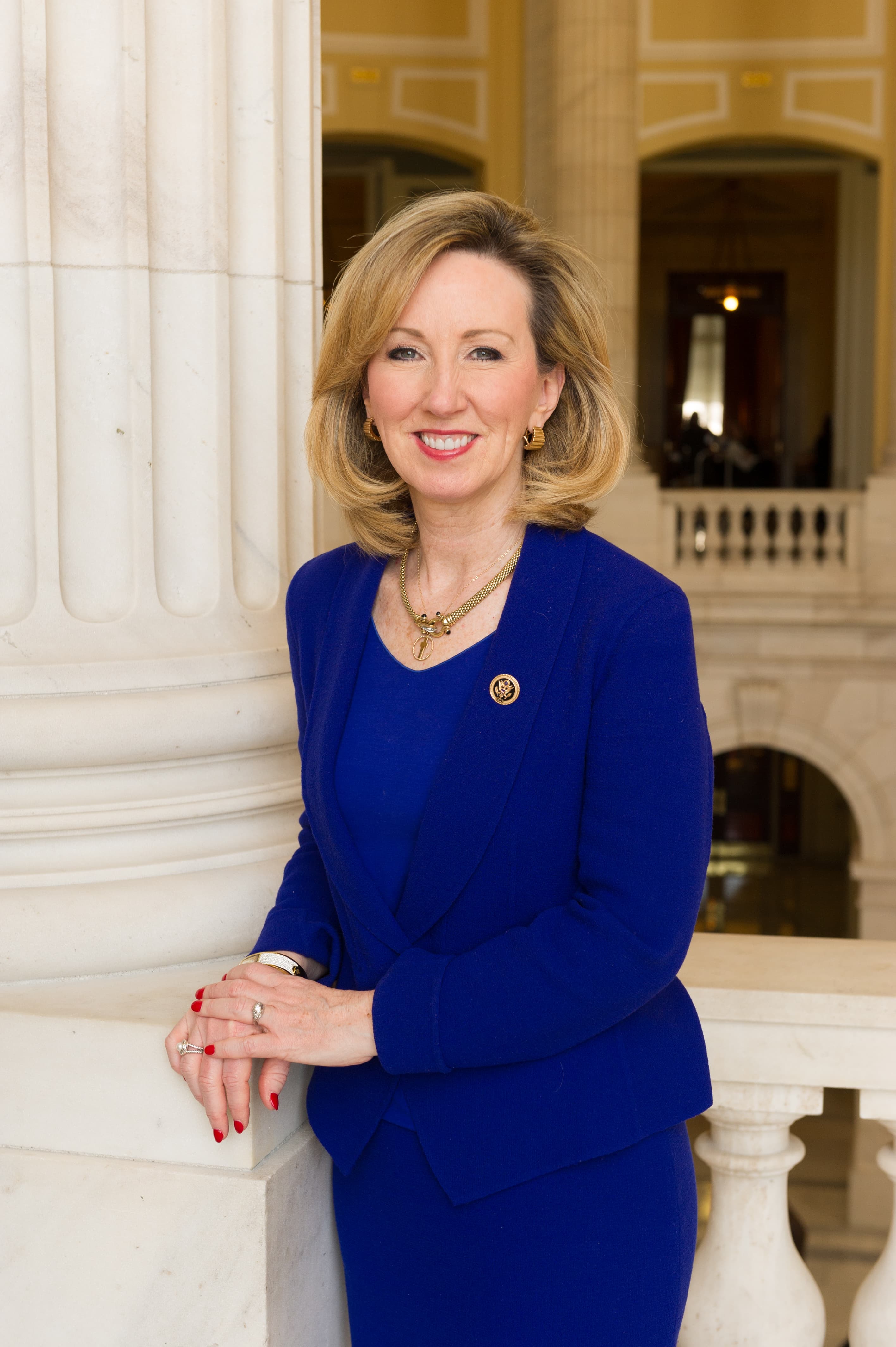Barbara Comstock Condemns Hypocrisy in Anti-Expert Narratives

Former U.S. Representative Barbara Comstock recently issued a sharp critique via social media, targeting unnamed individuals whom she accuses of promoting anti-expert sentiment while privately benefiting from specialized knowledge. In a tweet, Comstock expressed strong disapproval, stating, "These guys are going to be the first to get the best surgeons and experts if they get cancer or a brain tumor, but they are peddling nonsense to the masses about ignoring experts. Sick, bad creeps." Her statement highlights an alleged hypocrisy among those who publicly sow distrust in expertise.
Comstock, a Republican who represented Virginia's 10th congressional district from 2015 to 2019, has become a prominent political commentator since leaving Congress. She frequently appears on news channels and has been a vocal critic of misinformation and the erosion of trust in established institutions. Her firm, Comstock Partners, also engages in public affairs and strategic communications.
The former congresswoman's comments come amidst a growing global concern regarding anti-expert sentiment, which is often fueled by political polarization and the spread of disinformation. This trend manifests as skepticism towards scientific consensus, medical advice, and factual information, with significant implications for public health and policy-making. Experts note that social media platforms often exacerbate this distrust by amplifying alternative narratives.
Comstock has consistently spoken out against extremism and conspiracy theories, advocating for a return to fact-based discourse. She has previously warned about the dangers of declining public trust in scientific and governmental bodies, attributing it partly to intentionally misleading information. Her recent tweet underscores her ongoing commitment to challenging narratives that undermine expert authority.
The societal impact of widespread anti-expert rhetoric and disinformation can be profound, potentially undermining democratic processes and hindering effective responses to crises. Such rhetoric can lead to individuals rejecting sound advice on critical issues, from public health to environmental policy. Comstock's use of strong language like "Sick, bad creeps" reflects the serious consequences she perceives from such actions.